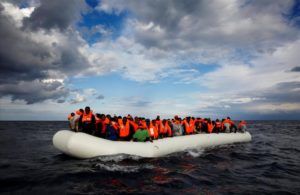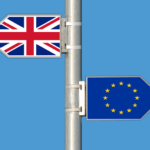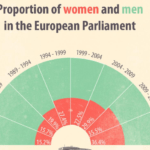
Ahead of the March European Council, the Commission is today taking stock of progress made over the past 4 years and setting out the measures still required to address immediate and future migration challenges.
Faced with the most severe refugee crisis the world has seen since the Second World War, the EU managed to bring about a step change in migration management and border protection. The EU has offered protection and support to millions, saved lives, dismantled smuggling networks and brought irregular arrivals to Europe down to the lowest level recorded in 5 years.
Nevertheless, more work is needed to make the EU’s migration policy truly future-proof in view of a constantly evolving geopolitical context and a steady rise in migratory pressure on a global scale.
First Vice-President Frans Timmermans said: “In very difficult circumstances, we acted together. Europe is no longer experiencing the migration crisis we lived in 2015, but structural problems remain. Continuing to work together through a comprehensive approach, in solidarity, and with a fair sharing of responsibility, is the only way forward if the EU is to be equal to the migration challenge.” High Representative/Vice-President Federica Mogherini said: “We are assisting thousands of stranded people, helping many to go safely back home to start an activity, saving lives, fighting traffickers. The flows have decreased, but still too many put their lives at risk and every single life not saved is one too many. That’s why we will continue to cooperate with our international partners and with the countries concerned to provide protection for people most need, address the root causes of migration, dismantle the traffickers’ networks, and set up pathways for safe, orderly and legal migration.” Commissioner for Migration, Home Affairs inand Citizenship Dimitris Avramopoulos said: “Irregular arrivals are now lower than before the crisis, the European Border and Coast Guard has brought joint EU border protection to a new level and together with our partners we work on ensuring legal pathways while stepping up returns. Looking ahead, it is essential to pursue our common approach but also to complete the ongoing reform of the EU’s asylum system. In addition, temporary arrangements on disembarkation should be established as a priority.”
Further information
A step-change in migration management and border security: a timeline
Facts matter: Debunking myths about migration






Leave a Reply